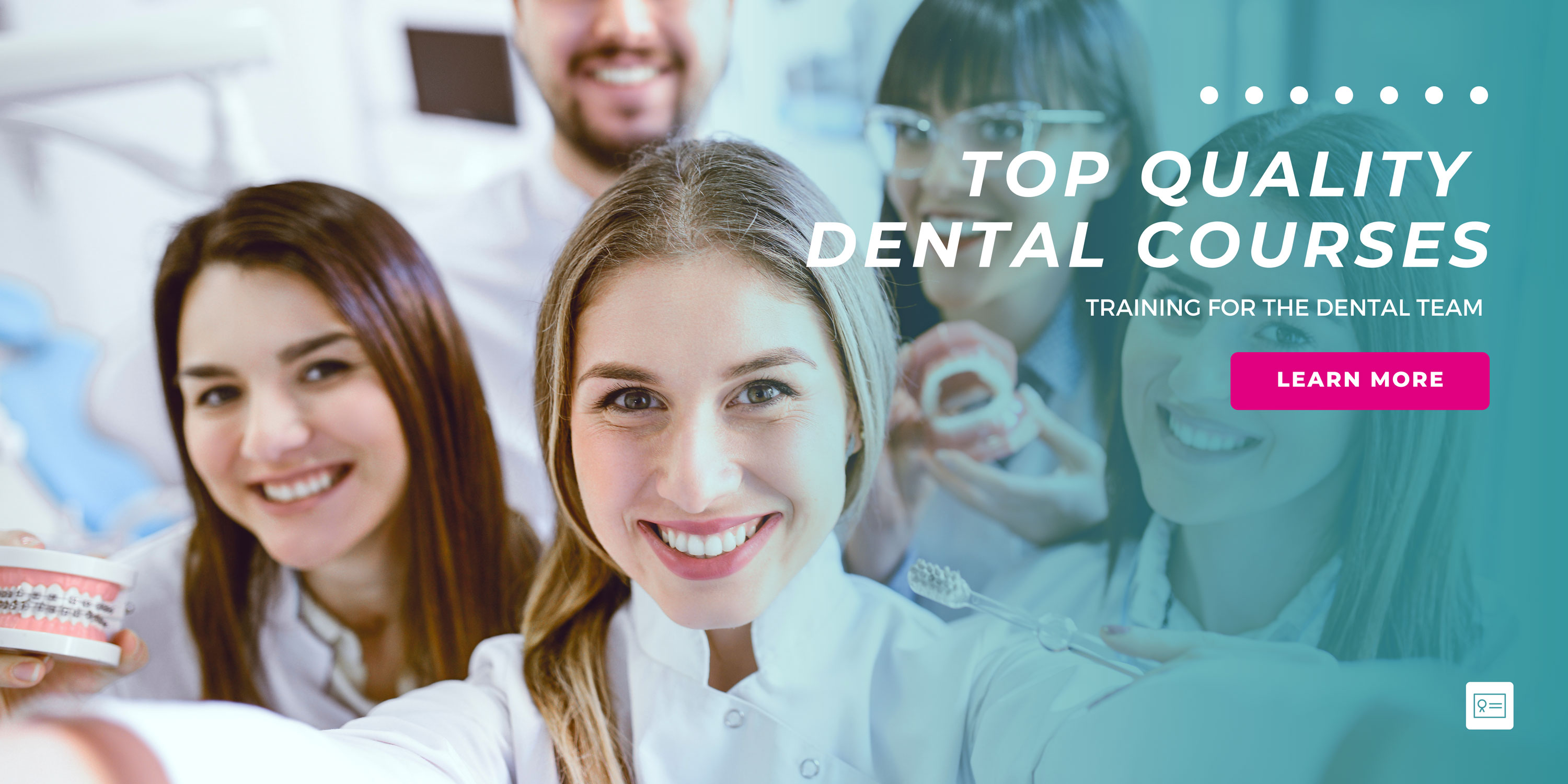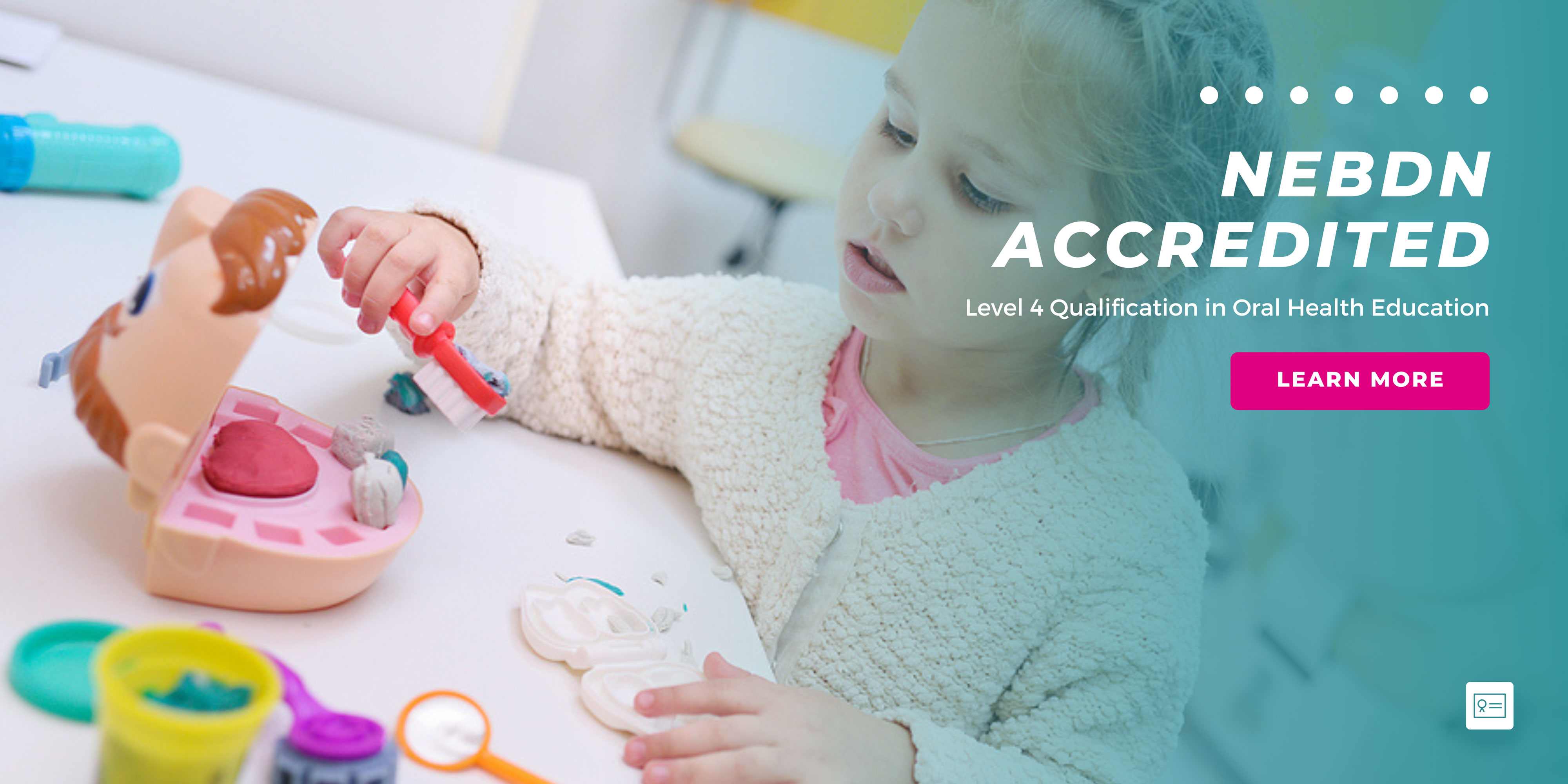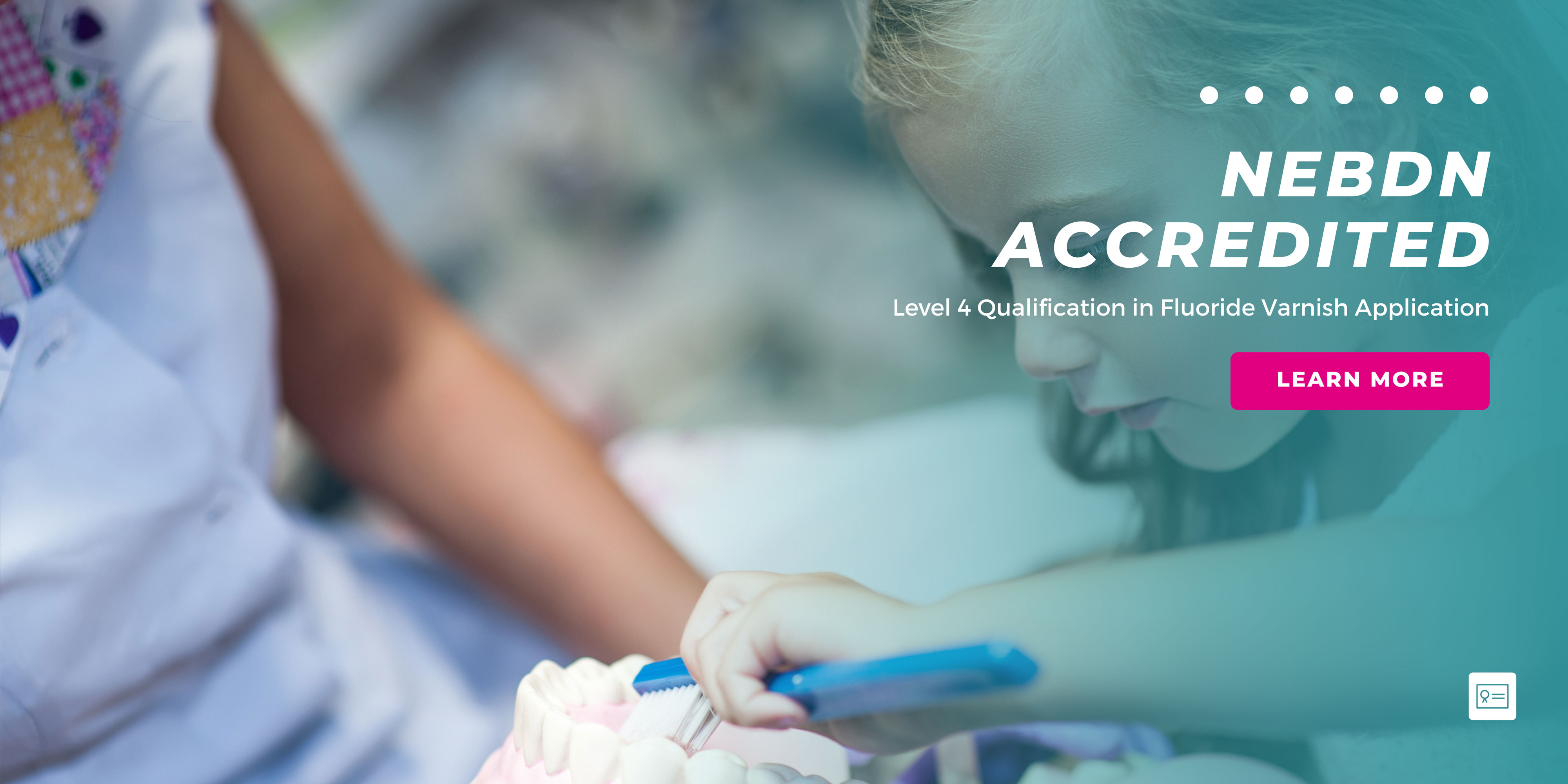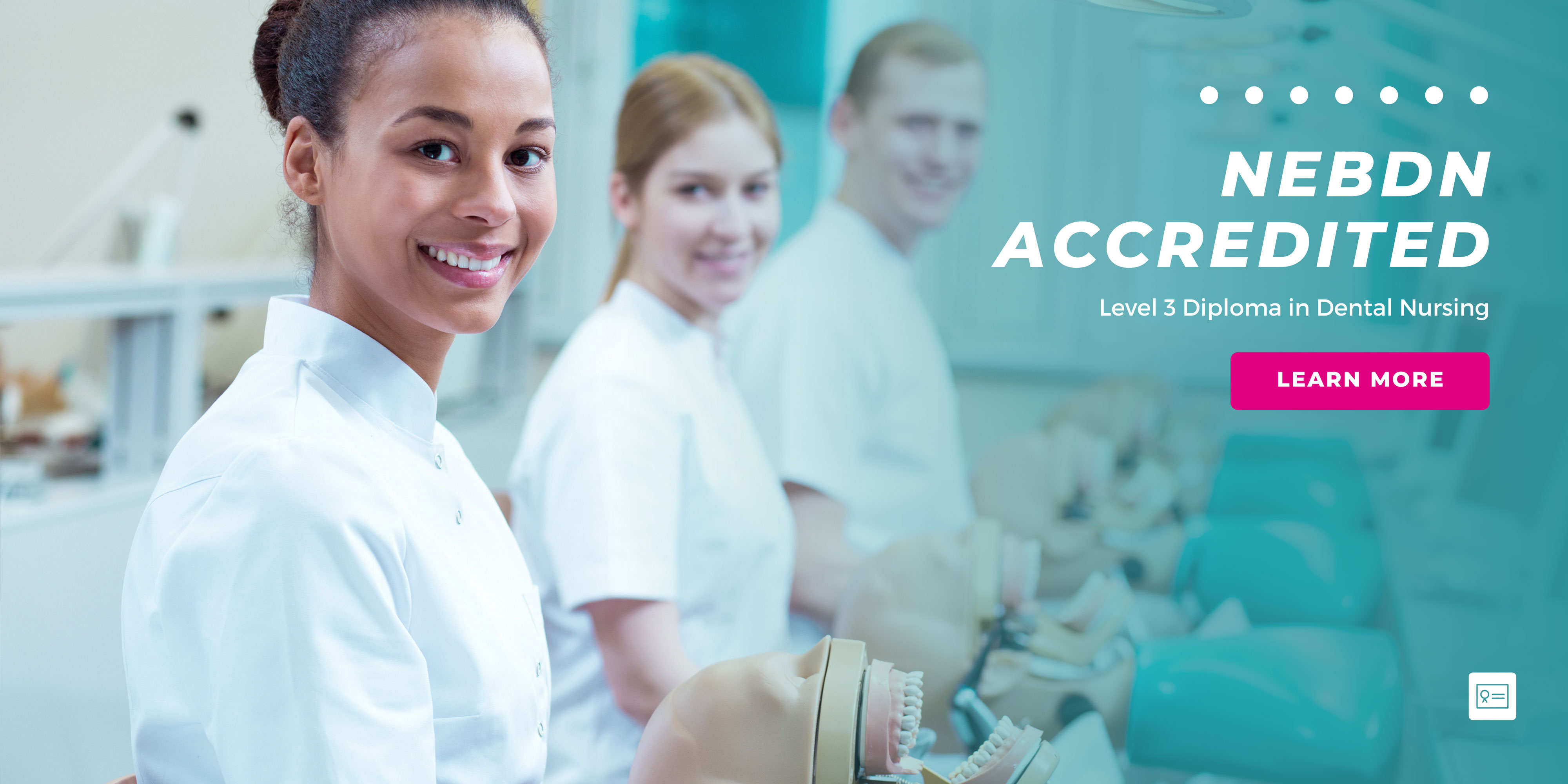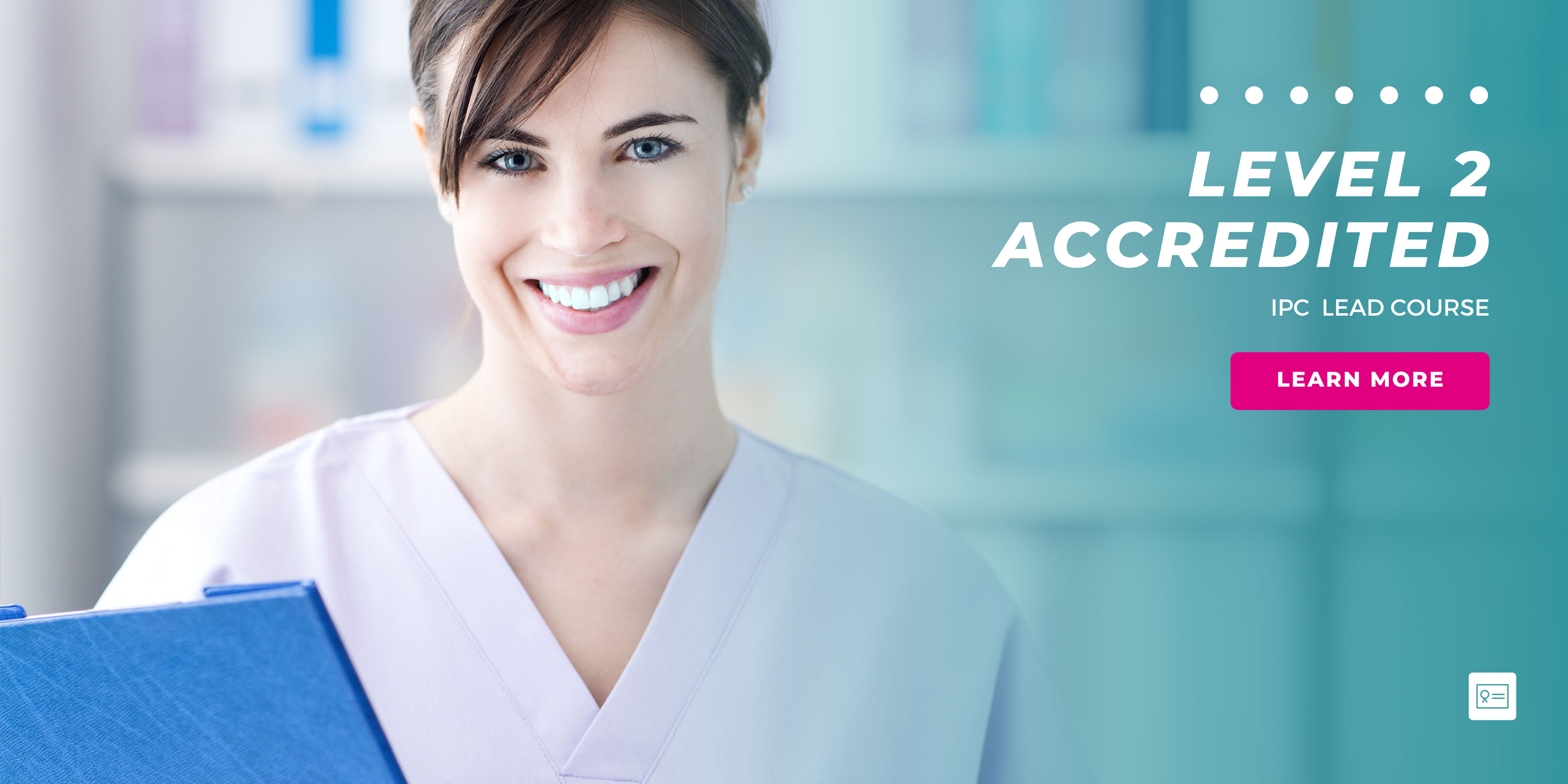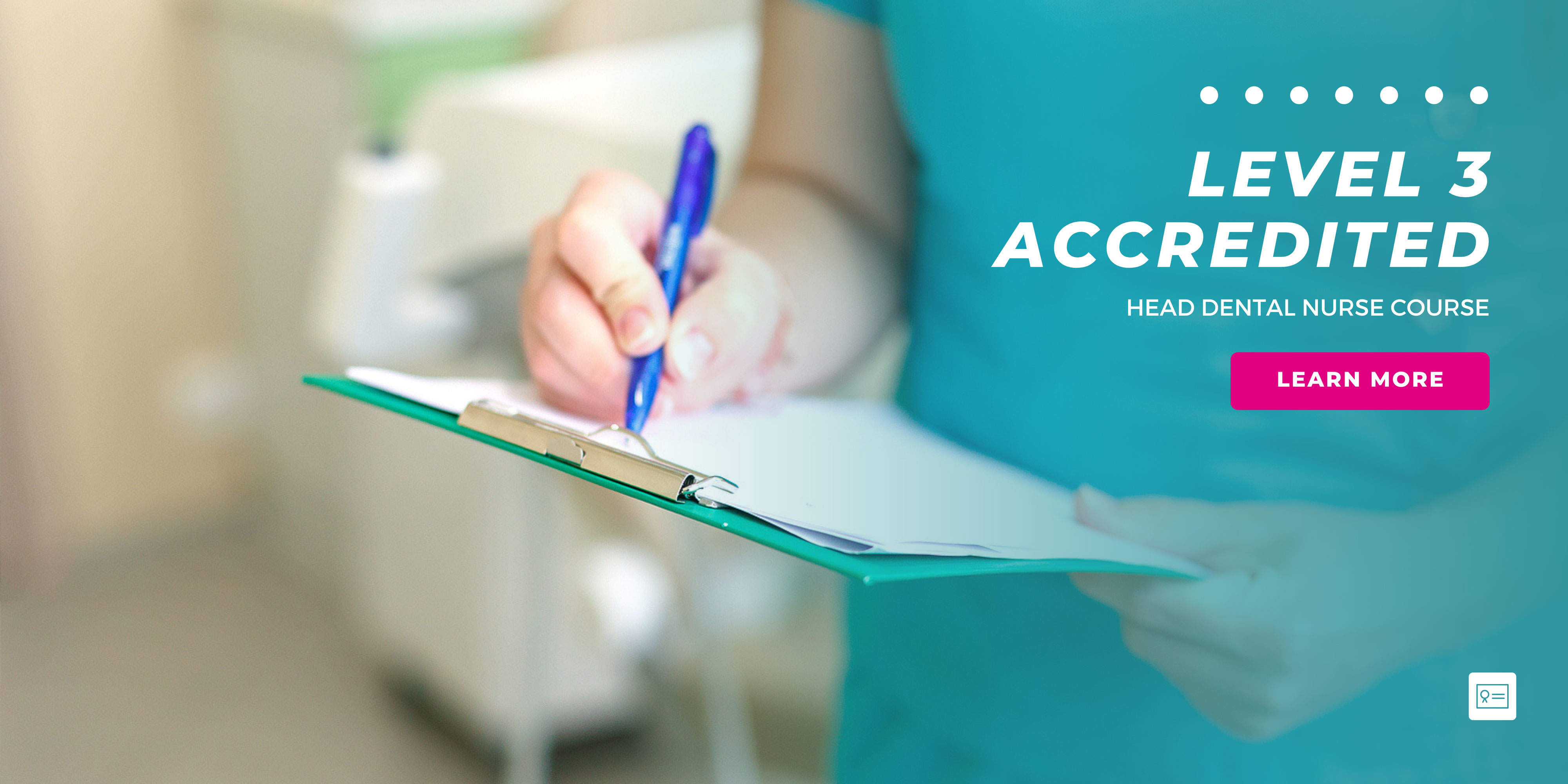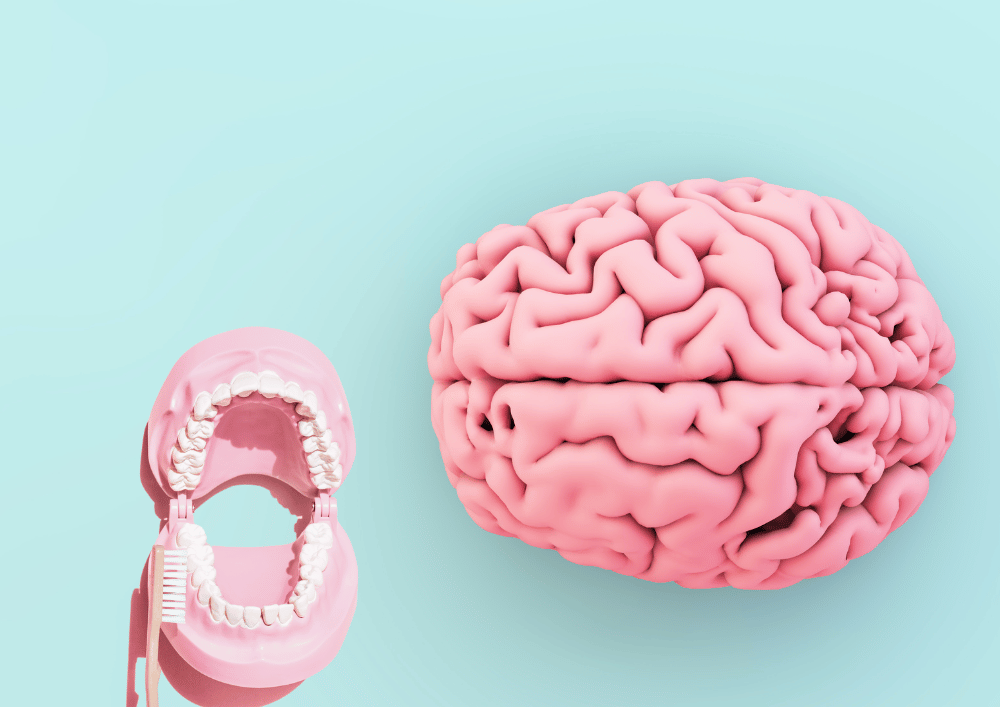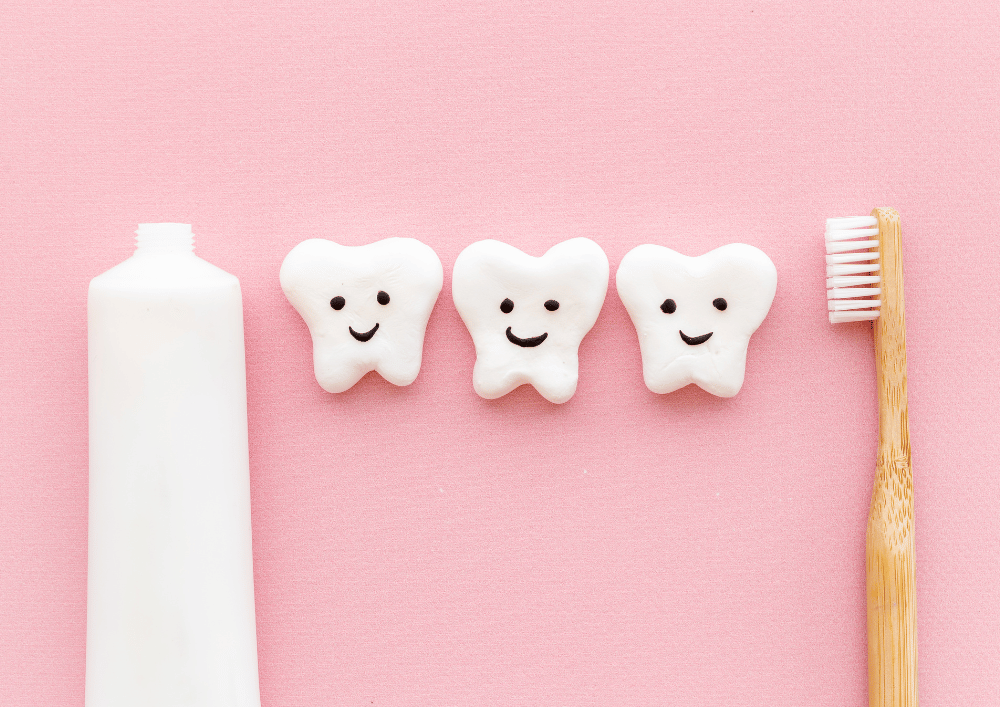
The role of the Practice Manager is a very demanding one which basically involves working with the Principle Dentist and the rest of the whole clinical and non-clinical team to ensure the practice is running smoothly and all legal requirements are met.
The PM is the person responsible for the employees and is their first point of contact. The role of PM also involves working closely with the Dentists and Hygienists/Therapists to make sure their requirements are met with regards to providing the best treatment and care for patients. One of the main purposes of a PM is to relieve some of the responsibility from the Principle Dentist.
We are now going to look at the specific tasks that a PM is required to do on a regular basis. Let's split the areas into sections and look at them more carefully.
Overseeing the Surgeries/
The PM is responsible for drawing up strict protocols for how the surgeries should work, how they are opened and closed and how they are cleaned and maintained. The PM should be checking to make sure that all Dental Nurses or DCP's responsible for these tasks are adhering to the surgery protocols at all times. Decontamination and waste management are examples of the protocols that the PM needs to put in place. It is also the PM's responsibility to manage stock control so that there is always enough stock in each surgery. The PM may delegate this job to another member of the team, a Senior Dental Nurse for example, but nevertheless, it is the PM that is ultimately responsible for the smooth running of the surgeries.
Reception
The PM is also responsible for the smooth and efficient running of reception and just like the surgeries- protocols must be put into place for every aspect of reception. The PM may be based on reception, so every day tasks such as meeting and greeting patients, taking phone calls, answering emails, making appointments and taking payments could be part of the role, however it is the behind the scenes tasks that the PM usually takes care of, such as:
• Managing the till and doing the end of day banking.
• Managing the banking and also petty cash.
• Backing up the computer system.
• Taking care of invoices and statements.
• Looking after practice accounts.
• Dealing with patient referrals.
Staff
The PM also takes care of the banking and staff wages, including the wages of self-employed Associates and Hygienists/Therapists.
In order to pay Associates correctly, the PM must be made aware of the number of UDA’s or private income and lab fees based on each Dentist. Hygienist/Therapists just need to calculate the number of hours they have worked that month and submit an invoice.
The PM is generally responsible for recruitment and tends to arrange all the job advertisements, interviews and temporary trials. It is the PM that maintains contact with the candidates and informs applicants whether they have been successful or not in securing the post. Once new employees have been recruited, it is the PM that must perform a staff induction and ensure that all important areas have been covered.
The PM also arranges staff appraisals and usually works with the Principle on ways in which staff members can improve and develop themselves.
Any staff training or CPD is usually arranged by the PM and the PM also puts in place certain protocols to ensure there are no problems with regards to staff wellbeing, behaviour and attitudes.
Protocols include details on:
• Equal Opportunities
• Disciplinary procedures
• Grievance procedures
• Holiday and leave requests
• Illness and sick pay
Practice reputation and legal requirements
The PM needs to ensure that the practice runs in accordance with organisations such as the Health and Safety Executive (HSE), Primary Care Trust (PCT), the Care Quality Commission (CQC) and the General Dental Council (GDC). This is a huge responsibility and documentation that the PM must have regularly updated and available include:
• Health and Safety policy
• Infection Control policy
• COSHH file
• RIDDOR file
• Radiation Protection file
• IR (ME) R 2000
• HTM 01-05 guidelines
• Instrument decontamination policy
• Waste management policy
• Vaccination records for employees
• CRB checks for employees
It is really important that all policies and protocols are kept up to date and adhered to as any non-compliance could have serious implications on the practice. It is a very important responsibility for the PM.
If the PM is off work for a long period of time, for example, long-term sickness or maternity leave, it is absolutely vital that plans are made for a replacement so that the running of the practice is not affected. It is the responsibility of the PM to make these arrangements for necessary cover.
There must be a practice policy for patient complaints so that a system is in place should this happen. Complaints, however inconvenient, must be dealt with fairly and swiftly in a professional manner. Complaints are usually replied to in writing within a number of days. Any records of a complaint must be logged along with how it has been dealt with and resolved.
How do I become a PM?
Most PM's have already worked at their practice for a while and have worked their way up over a long period of a time. A lot of PM's started working as Dental Nurses and/or Dental Receptionists and through experience and broadening of their knowledge and ambition, ended up becoming the PM of their own practice. This is extremely useful as they will have some prior knowledge of how the dental team is structured, how the profession and industry works and basic knowledge on rules and regulations. It is a definite advantage to have experience in dental nursing however not essential. The dental nursing NVQ or national certificate would be desirable
There is no set exam that a PM must take in order to perform the role however there are now courses that can be taken in order to be recognized as a qualified and highly efficient PM. Other than these increasingly popular courses, it is the usual qualifications which are desired for this role- at least five GCSE's at grade C or above, two of which should ideally be English and Maths. A PM needs to have a good understanding of English and be able to communicate well through letter and email- so good spelling and grammar skills are required. There is also a lot of financial tasks such as banking involved in the PM role, hence the Maths qualification being desirable. Excellent communication and listening skills are important for this role and a polite, professional manner is absolutely necessary.
There is also a lot of computer-orientated work for this position, so good computer skills are also necessary. Because the role of a PM is an extremely busy one, great organisational skills are required. Any knowledge of the law is also a bonus due to the legal requirements that need to be overseen by the PM.
What are the qualities needed for a successful Practice Manager?
Good communication is very important for this role as the PM needs to communicate with many people including the Dentists and dental team, patients, business acquaintances, dental organizations and companies and the NHS. PM’s should be able to communicate in a polite, friendly, helpful manner and maintain professionalism at the same time. Being happy and comfortable talking to people is an advantage, as regular phone calls and meetings are a big part of the role. Communicating with team members is also important because the PM is the person who employees trust and confide in, in every aspect of their jobs. A PM must be friendly, approachable, reliable and fair in order to build and maintain good relationships with their staff. It is important to develop relationships built on trust with the staff and instill genuine team values in order to manage a happy, balanced workforce effectively.

